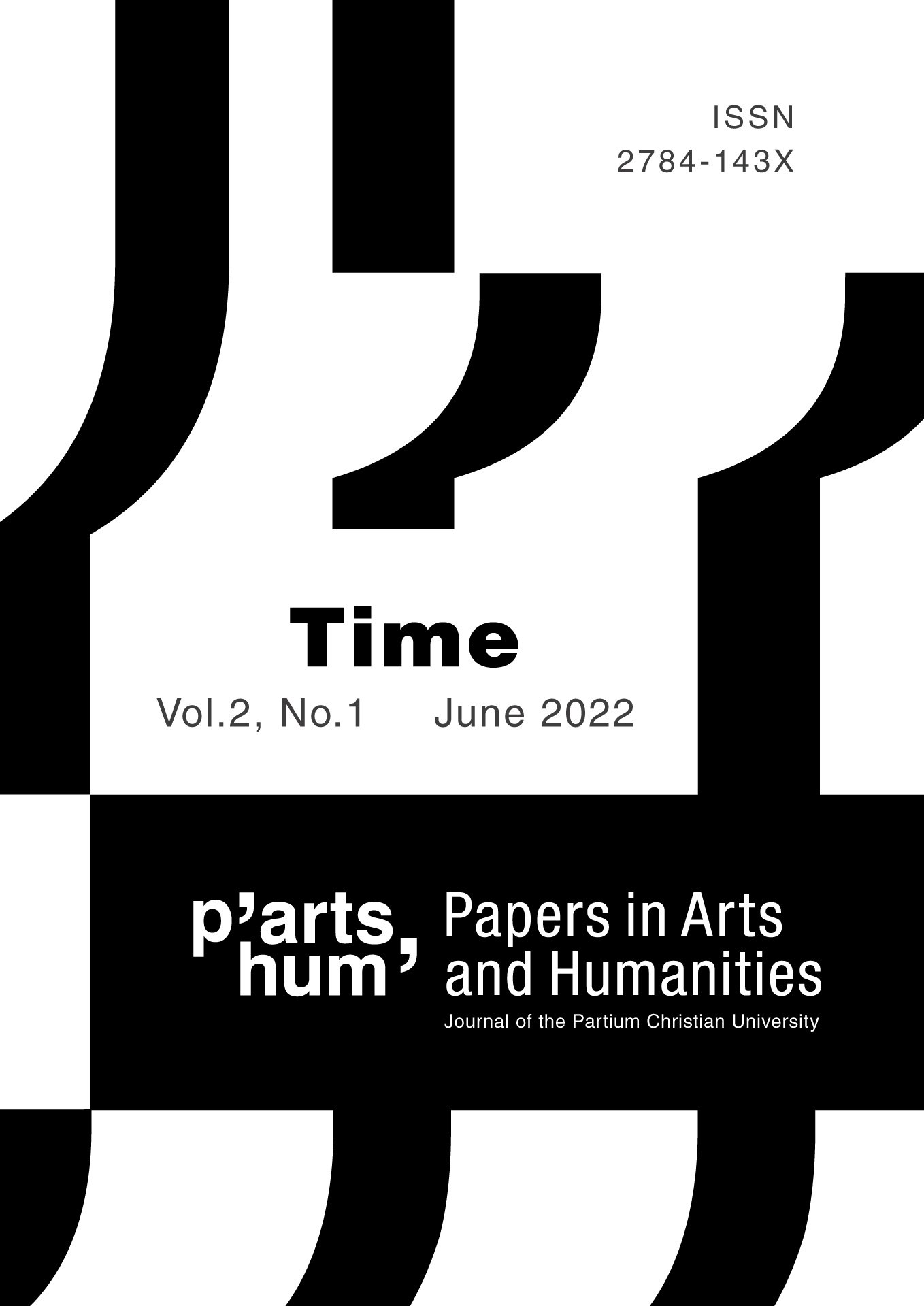The Perception of Time in Edith Wharton’s "The Age of Innocence" (1920) in the Context of Her War-Related Nonfiction
The Perception of Time in Edith Wharton’s "The Age of Innocence" (1920) in the Context of Her War-Related Nonfiction
Author(s): Ágnes Zsófia KovácsSubject(s): Studies of Literature, American Literature
Published by: Partiumi Keresztény Egyetem
Keywords: Edith Wharton; The Age of Innocence; war literature; representation of time; rhetoric;
Summary/Abstract: Edith Wharton published her 'The Age of Innocence" just after the Great War, but the focus on the past and on social change in the text has usually not been connected to concerns in the novel’s immediate war context for a long time. However, as part of the general critical interest in the literature of war, the issue of the war context for "The Age of Innocence" was examined by Julie Olin-Ammentorp’s Edith Wharton’s Writings from the Great War in 2004. Hermione Lee’s subsequent biography of Wharton in 2008 also claimed that The Age was not only motivated by escapism but by Wharton’s experience of war as well. This paper looks into how the perception of time is represented in Wharton’s nonfiction war text Fighting France (1915) and The Age of Innocence (1920) by comparing their representations of the contrast between the past and the present. Both Fighting France and The Age of Innocence contain spatial descriptions that employ Wharton’s rhetoric of what the article proposes to call the presence of the past, in which past moments reappear in the present, problematizing what is seen as real and unreal by the characters. The rhetoric of the presence of the past links the war text to the novel in that both share a basic interest in problematic processes of cultural continuity.
Journal: P’Arts’Hum
- Issue Year: 2/2022
- Issue No: 1
- Page Range: 65-80
- Page Count: 16
- Language: English

